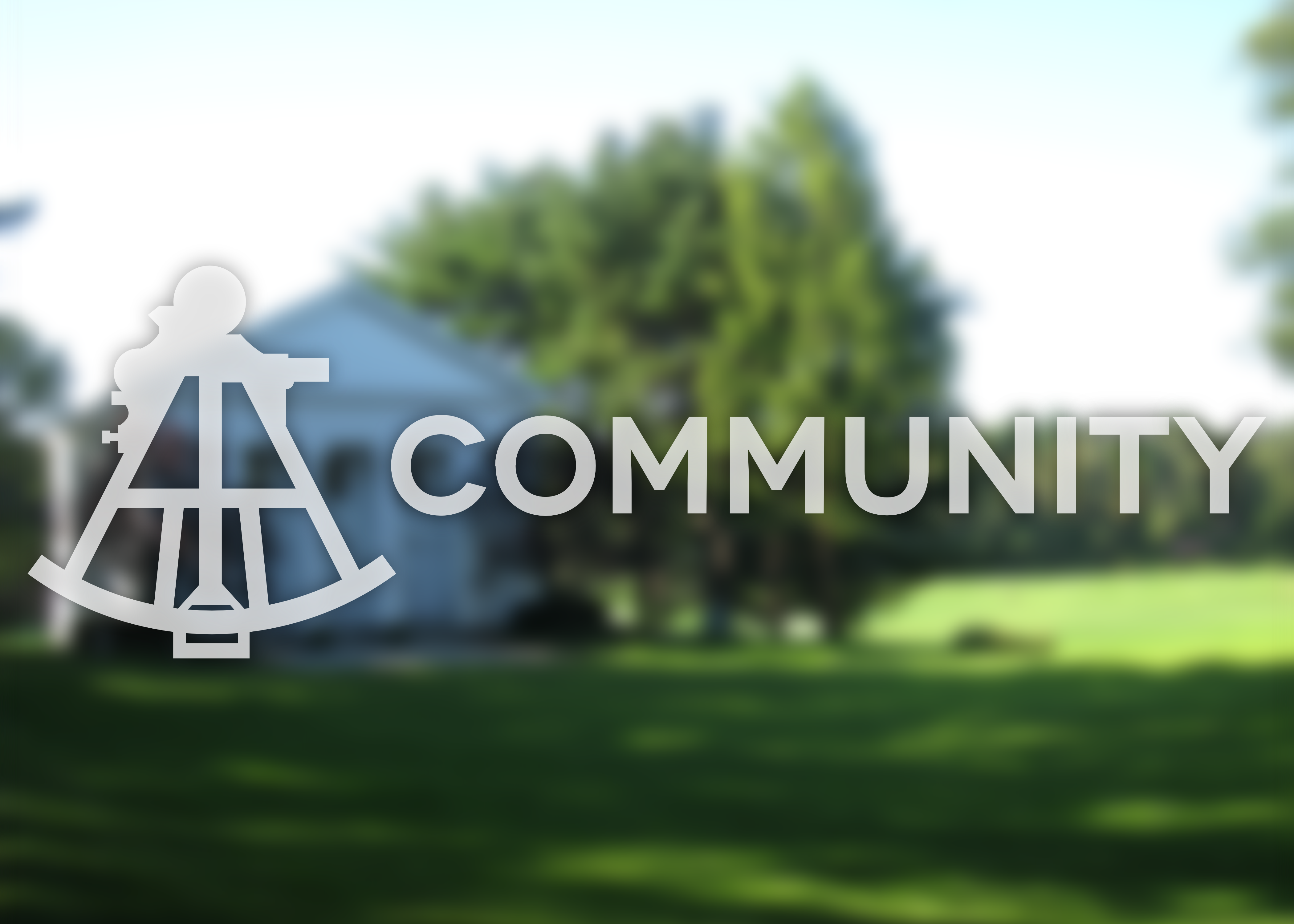On May 18th, the Belmont Hill community gathered in the chapel to kick off the annual Diversity Day, in which students are given a day off from classes and instead focus on larger issues within the community. Students Actively Fostering Equality, the upper school diversity group also known as SAFE, PRIDE, the middle school diversity group, and the Gay-Straight Alliance all spent much time organizing and planning this event, and their effort did not go unnoticed, as the event ran very smoothly. Already rescheduled once due to snow, Diversity Day came at a time when many students were overwhelmed with homework and upcoming exams, yet everyone realized that problems both within Belmont Hill and the world at large are more important than any school assignment, and this deviation from standard Belmont Hill life was welcomed.
After an opening statement by Mr. Collins, guest speaker, Mervan Osborne, took the stage. Mr. Osborne is currently the associate head of school at Beacon Academy, a two year school for low income 8th and 9th grade students to prepare them academically for a vigorous private high school, and numerous graduates of Beacon Academy have attended Belmont Hill. Osborne emphasized the importance of discussing problems like diversity, and how taking a day off from academics to address such an important part of our community is commendable.
The activities started with boys from SAFE, the Upper School diversity group, leading an exercise before the whole school designed to show how many different ethnicities, religions, sexual orientations, and socio-economic backgrounds are represented within Belmont Hill. At a previous Upper and Middle School lunch, anonymous surveys were handed out where students circled many different categories in which they identified, and these surveys were passed out at random in the chapel. A student stood if the sheet they were holding identified as a term that SAFE heads, Michael O’Neill and Deven Ferguson-Perez, read out, showing how traits like sexual orientation or socioeconomic status, which some may not feel comfortable sharing about themselves, were distributed throughout Belmont Hill.
After a brief donut break, the school was split into two main groups, and many smaller subdivisions. One large group stayed in the chapel to see a movie titled “I’m not racist, am I?” a documentary following 12 New York City teens from a wide variety of backgrounds, races, and socioeconomic statuses as they navigated through issues of diversity. Included in the film was a white girl from a low-income family who had grown up around blacks her whole life and wished she were black, a Korean girl adopted by white parents and raised in a white family who said she identified much more as white, and a black boy whose racial identity was mocked by others because he worked hard in school. These teens attended numerous workshops in regards to topics such as systemic racism and the N-word, and discussed their views on these workshops in smaller groups. They also played a board game called “The American Dream”, where each teen was assigned characteristics such as race, gender, and socioeconomic class, and these traits could either improve or weaken their characters odds in the game, although luck was still a factor, showing how some people had innate advantages in life. At the end of the movie, the group of teens sat down and discussed what they had learned in the workshop, and how their perspectives on race had been altered. After the movie, students were given the opportunity to come to the stage and discuss whatever they were feeling after the movie, and many interesting points were brought up by students and faculty alike.
While one group was watching the movie, the other half of the school was split into four smaller groups attending workshops. The workshops were: Masquerading Masculinity, Beyond the Binary, Love Yourz, and Walking the Line of Privilege. Due to time constraints, each small group could only two of the workshops, but all workshops were well-planned and provided interesting dialogue in a variety of topics. In Masquerading Masculinity, the group discussed issues of masculinity at Belmont Hill and in the world as a whole. Love Yourz focused on family structure and encouraged students to draw a rendition of their family and post them on the wall, and then walk around and see how every family was unique in its own way. Beyond the Binary explored the topic of sexual and gender identity, and the group had meaningful discussions about these issues. Walking the Line of Privilege highlighted issues of socioeconomic differences, and the students participated in an activity where everyone lined up at a starting point, and were given instructions to step forward of back depending on socioeconomic factors, which illustrated how students of a certain background may have an easier time doing tasks like finding a job than others of a different background.
After an action packed morning filled with discussion and internal reflection, the entire school reconvened in the academic quad for an outdoor barbecue filled with discussion among friends of the day’s workshops and everyone’s reactions to the discussions held and lessons learned. Diversity Day was a day like no other in the Belmont Hill community, as the everyday stresses of Belmont Hill life, such as an upcoming test or final paper, were put on hold as the whole community instead focused on much larger issues involving diversity both on and off campus. Students went home that day with much to think about and many issues to focus on in regards to acceptance of people different than themselves, and Diversity Day propelled these issues to the forefront of everyone’s minds and led to discussions of diversity across campus in the weeks following. Overall, Diversity Day was a great success that made everyone at Belmont Hill focus on issues larger than their everyday life, and provided much to think about and be discussed for students and faculty alike.





